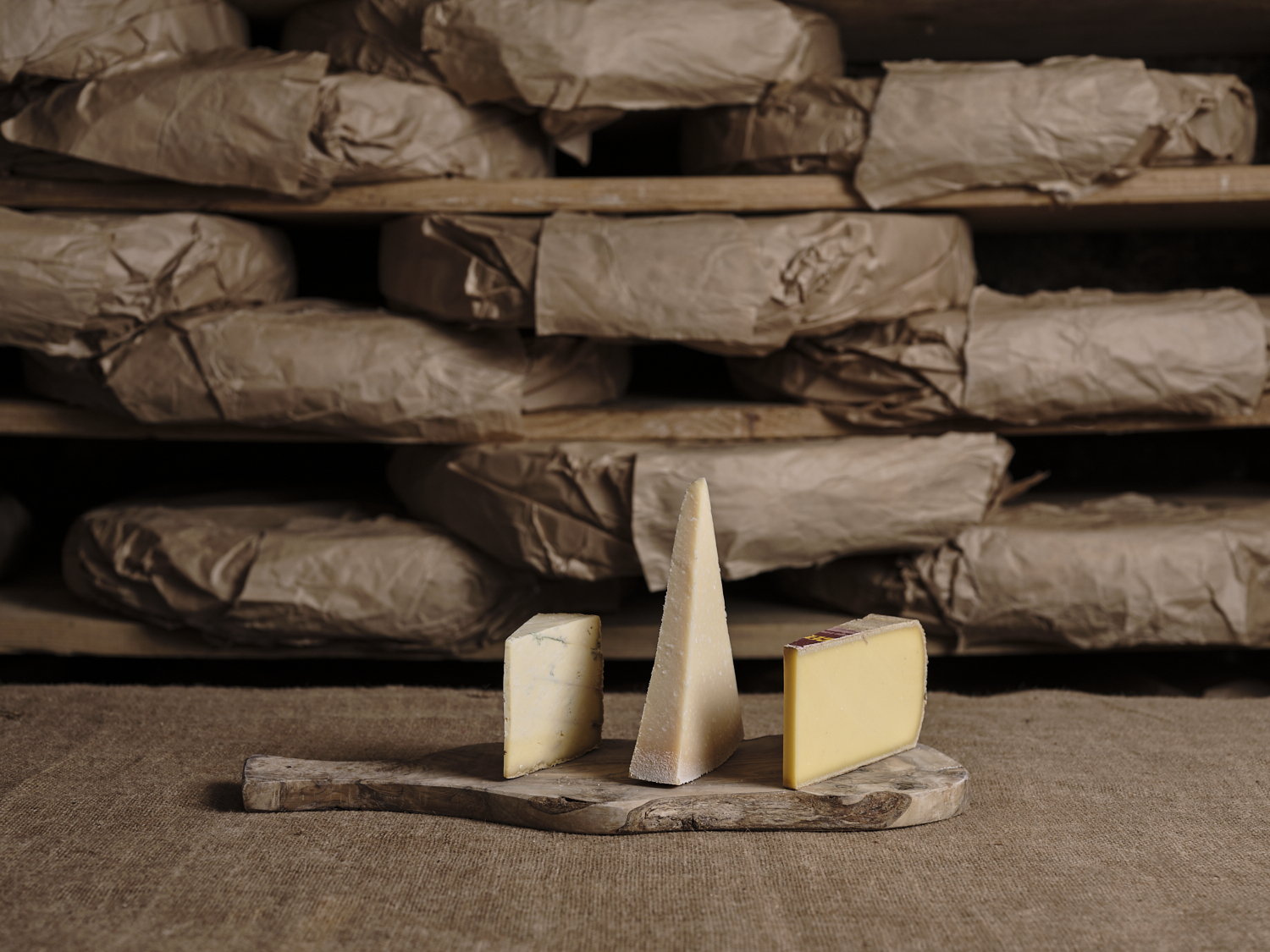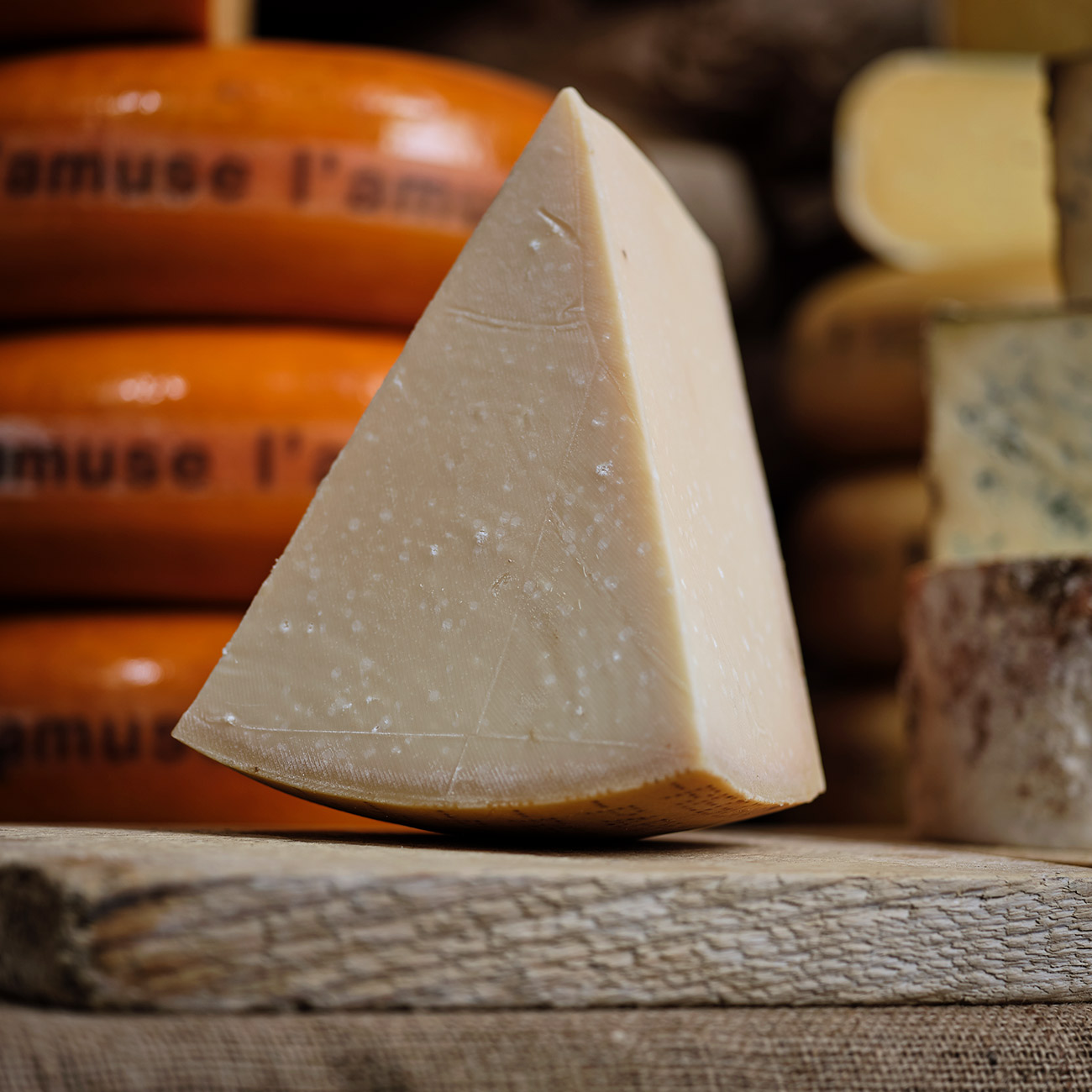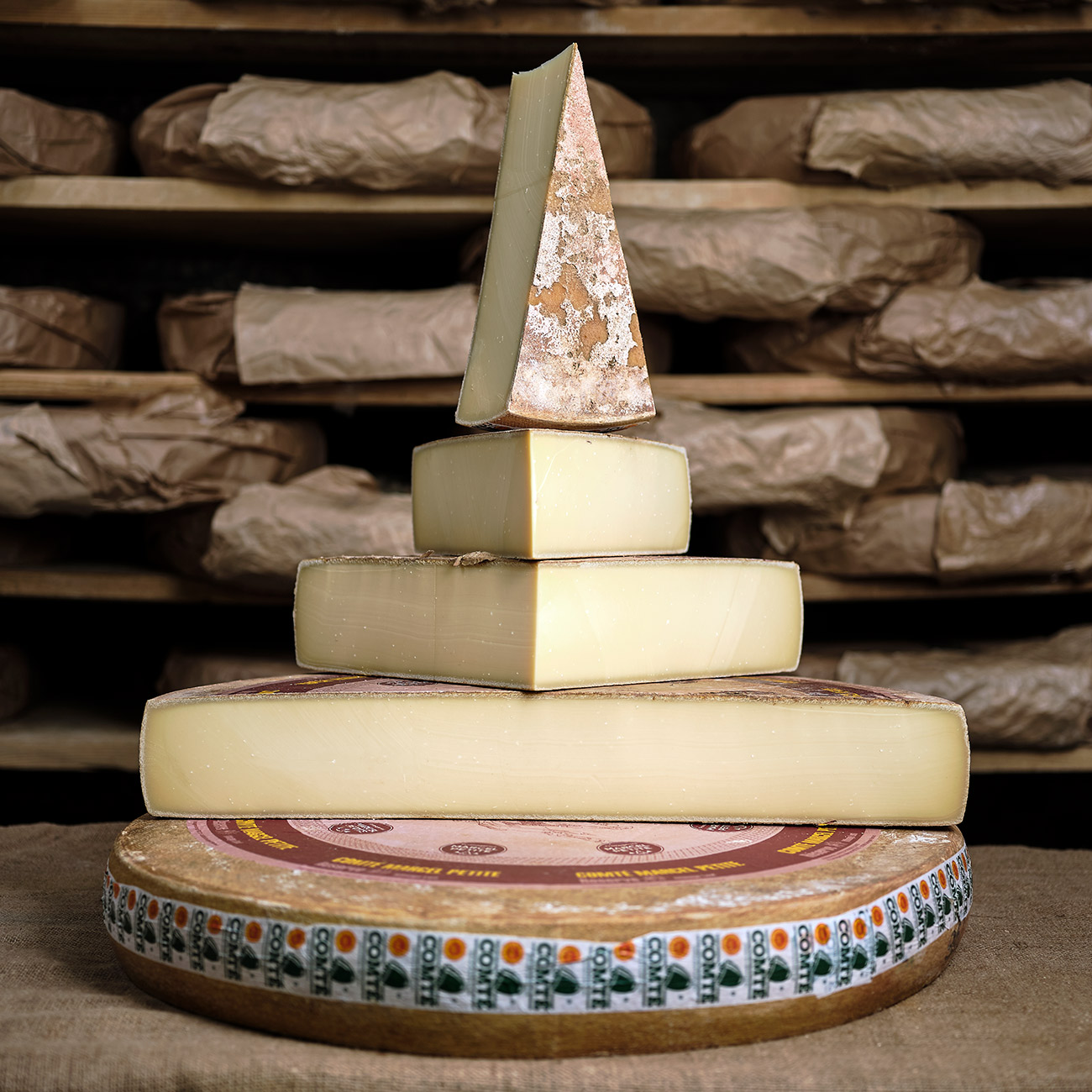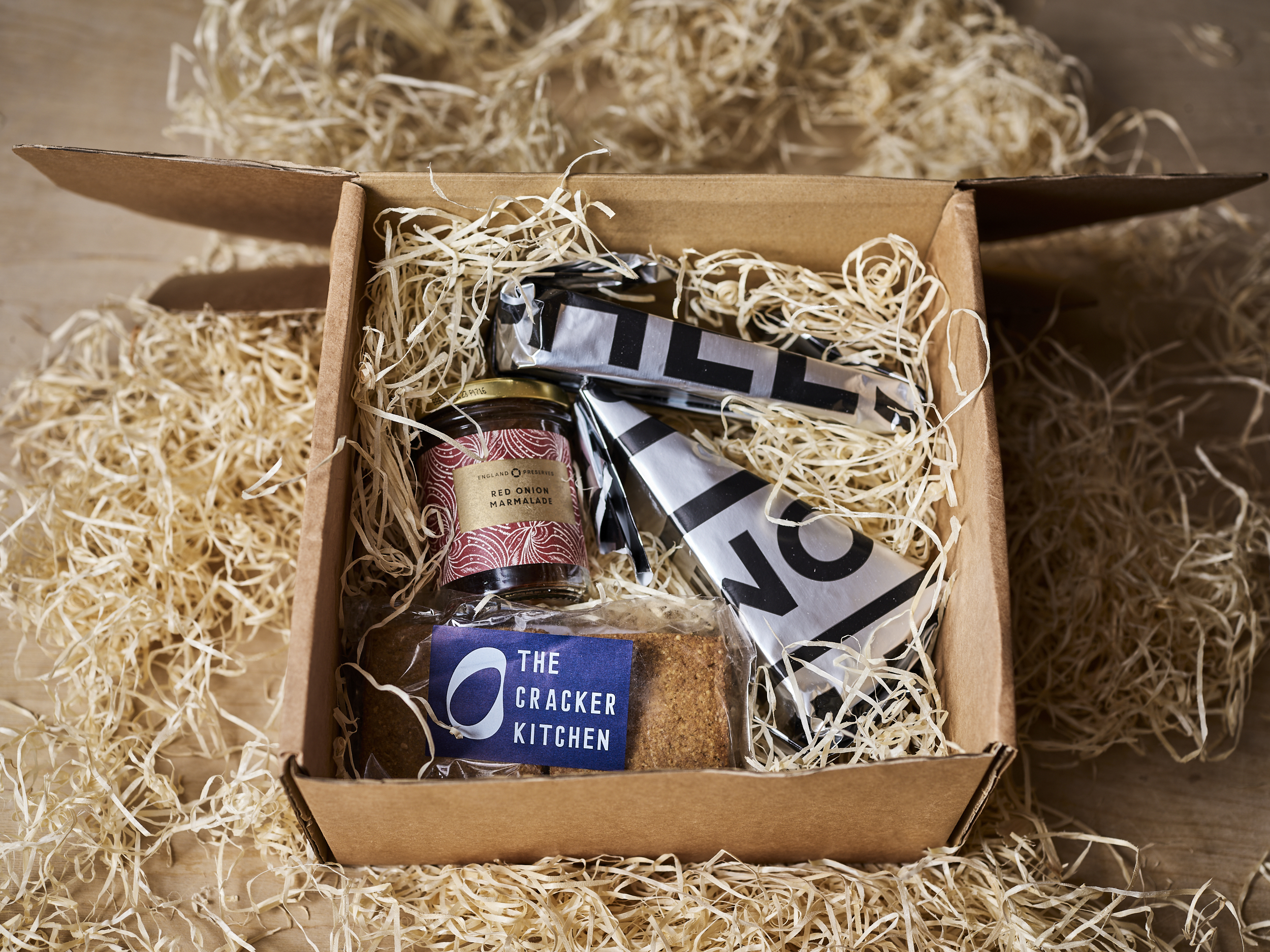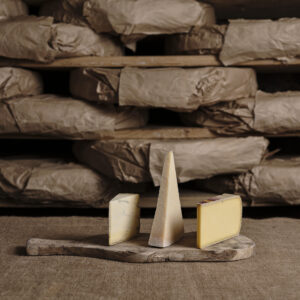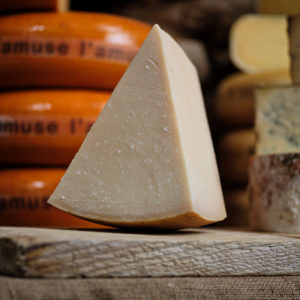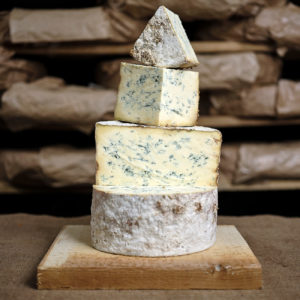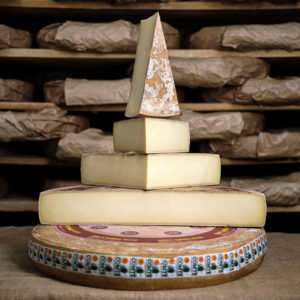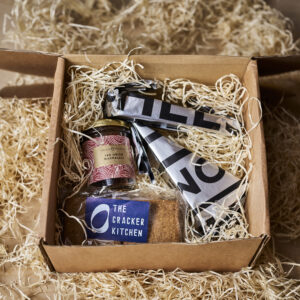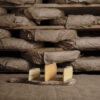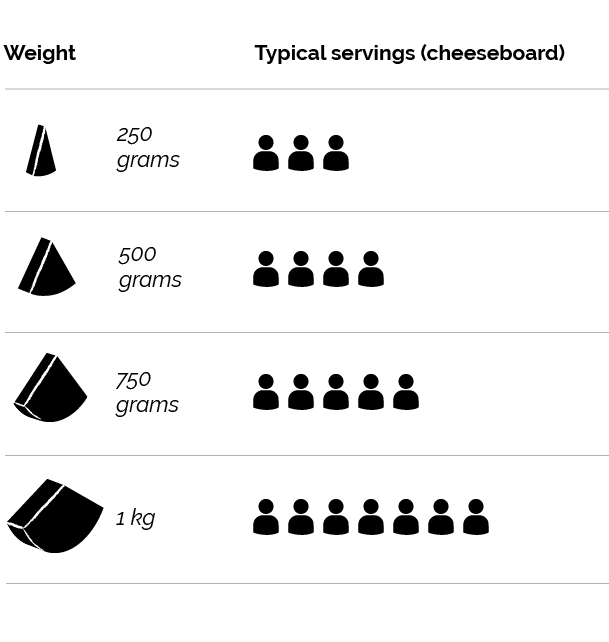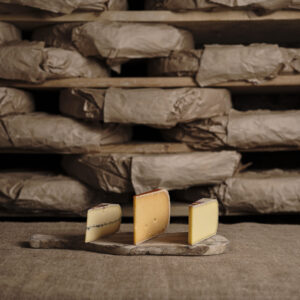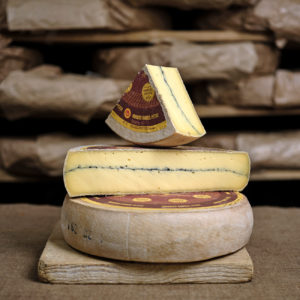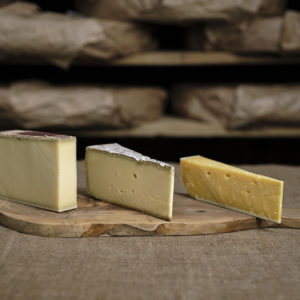Cheese Box: Comté, Parmesan & Stichleton
from £69.50
We have put together selections of our cheeses that go perfectly together to help create your cheeseboard or fill your fridge with some of our favourite cheeses.
This box contains our Comté AOC, Parmesan and Stichleton
All our cheese boxes also include a pack of Sheridans Mixed Seed Crackers and a seasonal English Preserves Chutney to match perfectly to your selection.
Please note – We process orders twice a week. Orders placed by 12pm Mondays will be delivered on Wednesdays of that week. Orders placed by 12pm Wednesdays will be delivered on Fridays of that week.
Order by 12pm Tuesday 17th December for delivery before Christmas
If you need your cheese for a specific date, we recommend you order it to arrive at least a delivery date in advance as we use a delivery service and cannot guarantee these time frames. All our cheeses last at least two weeks in the fridge and we can vacuum pack on request.
Please read our FAQ for more information.

